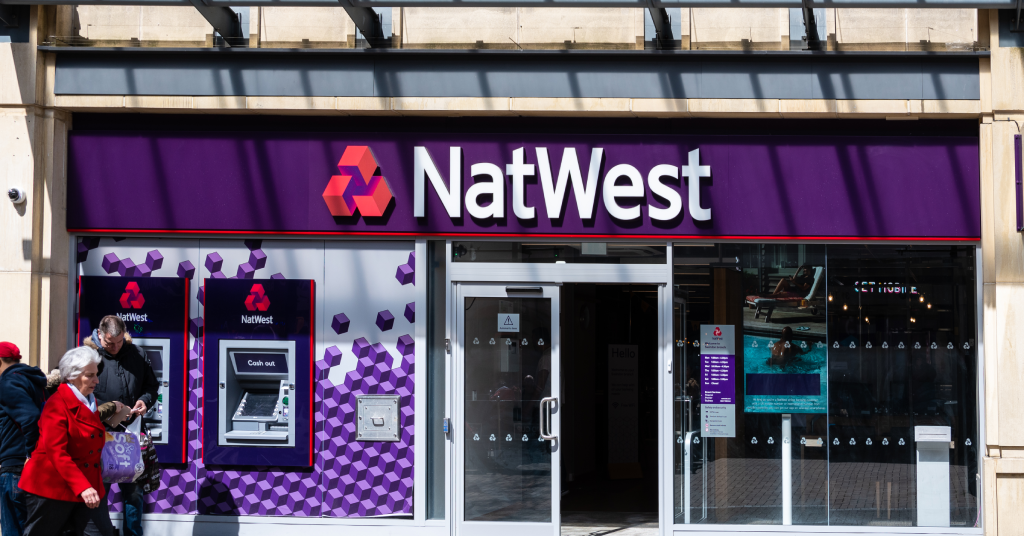NatWest Group customers made the UK’s first-ever Variable Recurring Payments (VRP) for ‘non-sweeping’ use cases

NatWest enables UK’s first ‘non-sweeping’ customer payments through VRP. Source: depositphotos.com
NatWest Group is the first UK bank to go beyond the requirement for banks to provide VRP for sweeping – the automatic transfer of money between two accounts belonging to the same person.
The bank is going further by offering VRP as a new and convenient payment option for businesses and consumers – complementing existing payment options such as Direct Debits and online card payments.
The first non-sweeping VRP payments were made by NatWest customers to Charity Right and Pink Chilli. Charity Right is an international charity that provides nutritious daily school meals to help children break free from the devastating effects of hunger. Pink Chilli is a lettings software provider that has a single platform designed to bring the property industry into the digital age.
NatWest Group’s VRP offering enables payment providers to give businesses a new option for managing customer payments for a range of services, including utility bills, subscriptions and charitable donations.
VRP lets businesses collect customer payments via the Faster Payments service, meaning payments can be received in near-real time.
As VRPs are set up digitally, there’s no paperwork to complete either – saving time, plus reducing the risk of fraud and manual error.
Customers can also benefit from more control over their finances as they can set maximum payment amounts and make instant payment cancellations through VRP.
The first non-sweeping VRP payments were supported by Charity Right’s integration with GoCardless and by Pink Chilli’s integration with TrueLayer.
GoCardless and TrueLayer are amongst the first payment providers with whom NatWest Group has signed agreements to offer VRP as a new payment option.
NatWest Group previously announced that it also plans to pilot VRP through Payit™ – its open banking payments proposition – by offering VRP as a payment option for NatWest Rapid Cash customers in H1 2022.
We’ve reported that three-quarters of British business owners dip into their own pockets as cost-of-living crisis bites.
SEE ALSO:









